Britain, Germany and France on September 10 announced sanctions targeting Iranian air transport, accusing Tehran of supplying ballistic missiles to Russia for use in the conflict in Ukraine, according to AFP.
Tehran has repeatedly denied sending any weapons to Russia for use in the Russia-Ukraine conflict and has vowed to respond to the latest Western sanctions against Tehran.
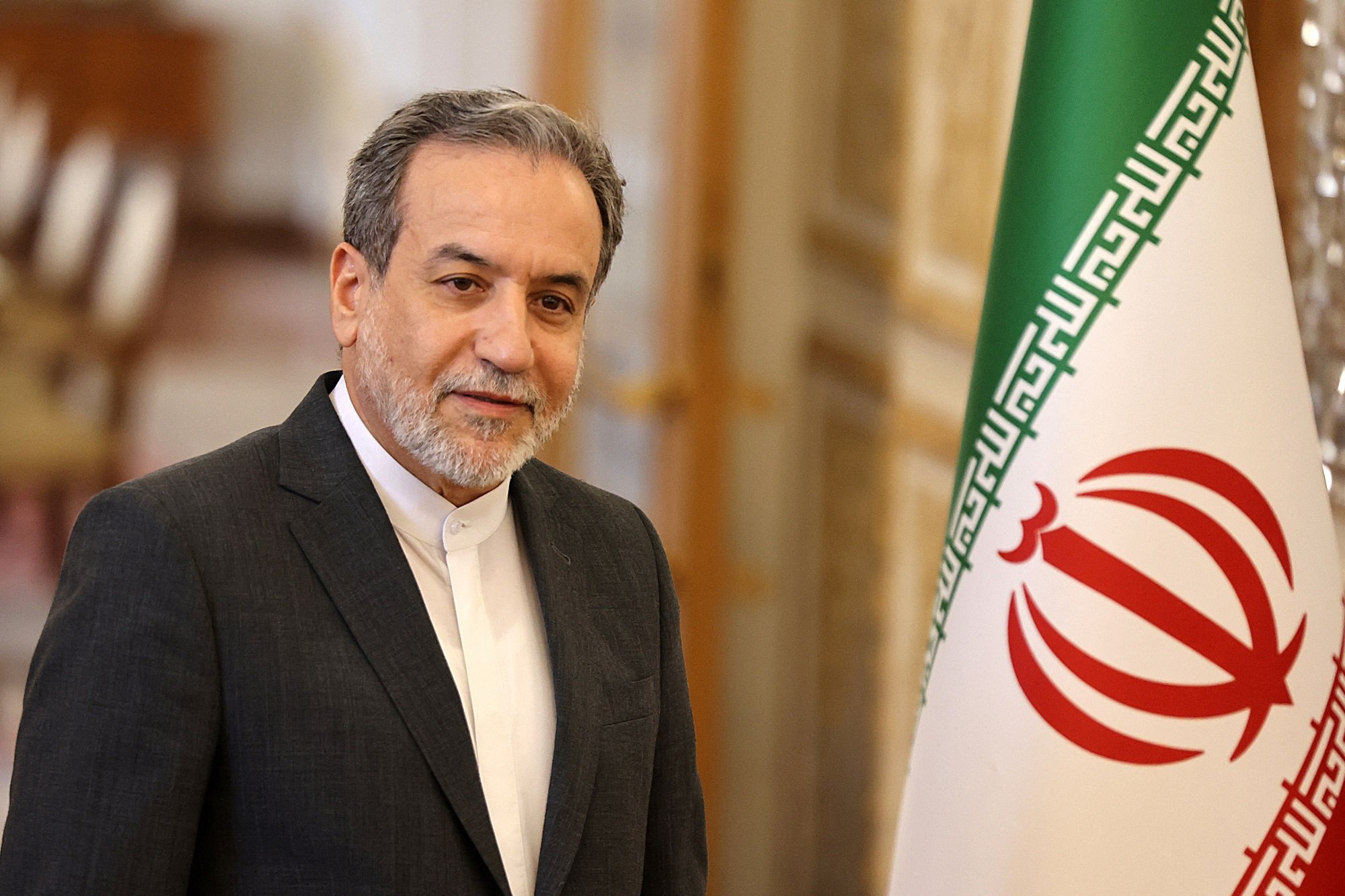
Iranian Foreign Minister Abbas Araghchi in Tehran on August 26.
"It is surprising that Western countries still do not know that sanctions are a failed tool and they cannot impose their agenda on Iran through sanctions," Iran's official IRNA news agency quoted Mr. Araghchi as saying on September 14.
Mr. Araghchi called the sanctions "a tool of pressure and a tool of confrontation, not a tool of cooperation." Mr. Araghchi affirmed that Iran is "always ready for negotiations" and "constructive dialogue" with other countries. However, the dialogue must be based on mutual respect, not threats and pressure, according to Mr. Araghchi.
Britain summoned Iran's special envoy in London on September 11 and warned that the Iranian government would face a "significant response" if it continued to supply missiles to Russia for use in Ukraine.
The US Treasury Department announced on September 11 that the US has also increased sanctions against Iran, including the national airline Iran Air "for operating or having operated in the transport sector of the Russian Federation's economy."
Iran has been under Western sanctions for years, especially after the US unilaterally abandoned a landmark nuclear deal between Tehran and world powers in 2018, according to AFP.
Source: https://thanhnien.vn/iran-noi-gi-ve-tac-dong-tu-lenh-cam-van-moi-cua-3-cuong-quoc-185240915070227697.htm








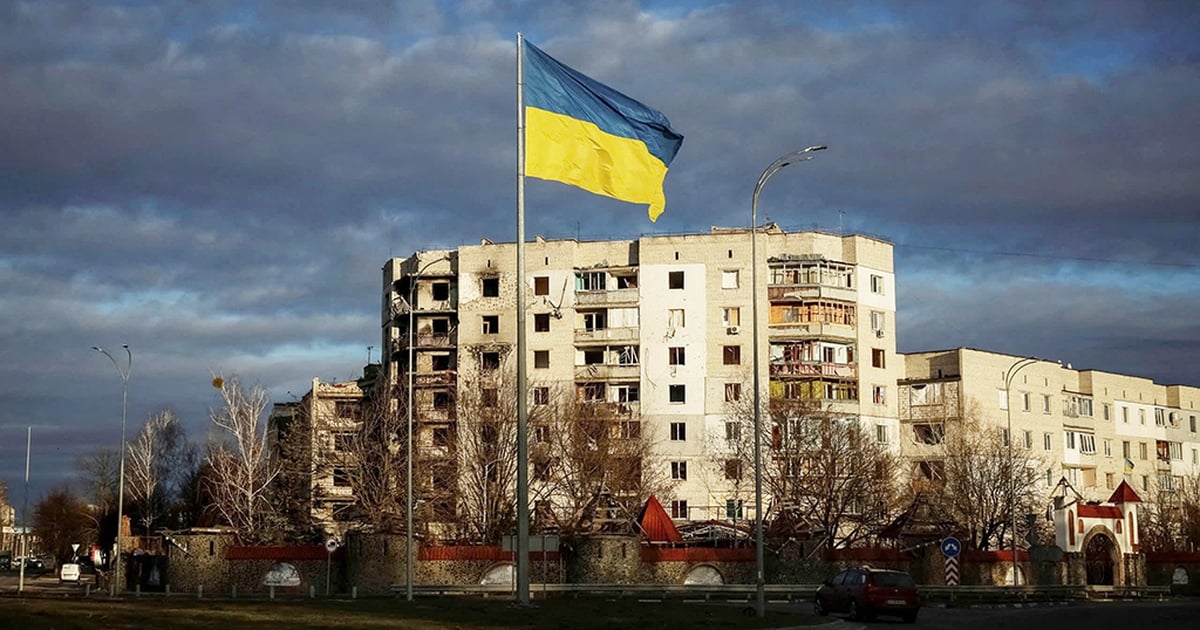
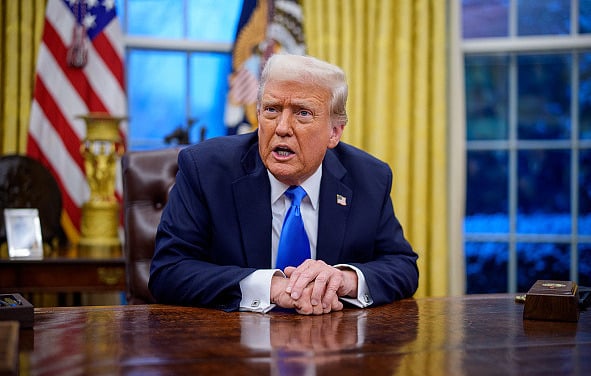

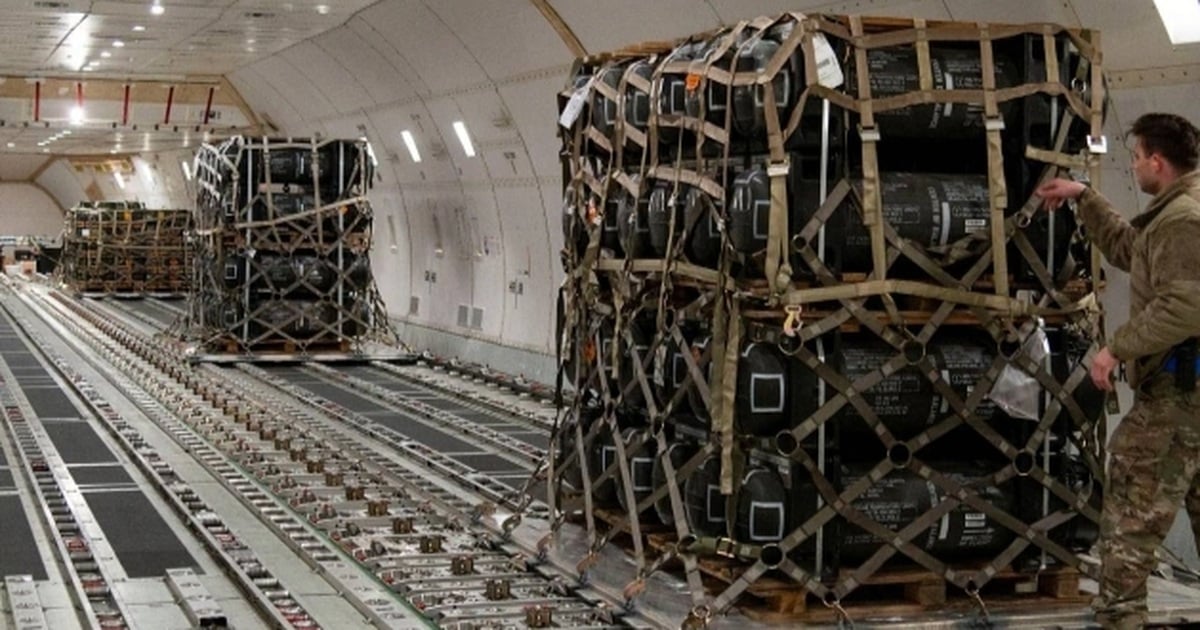


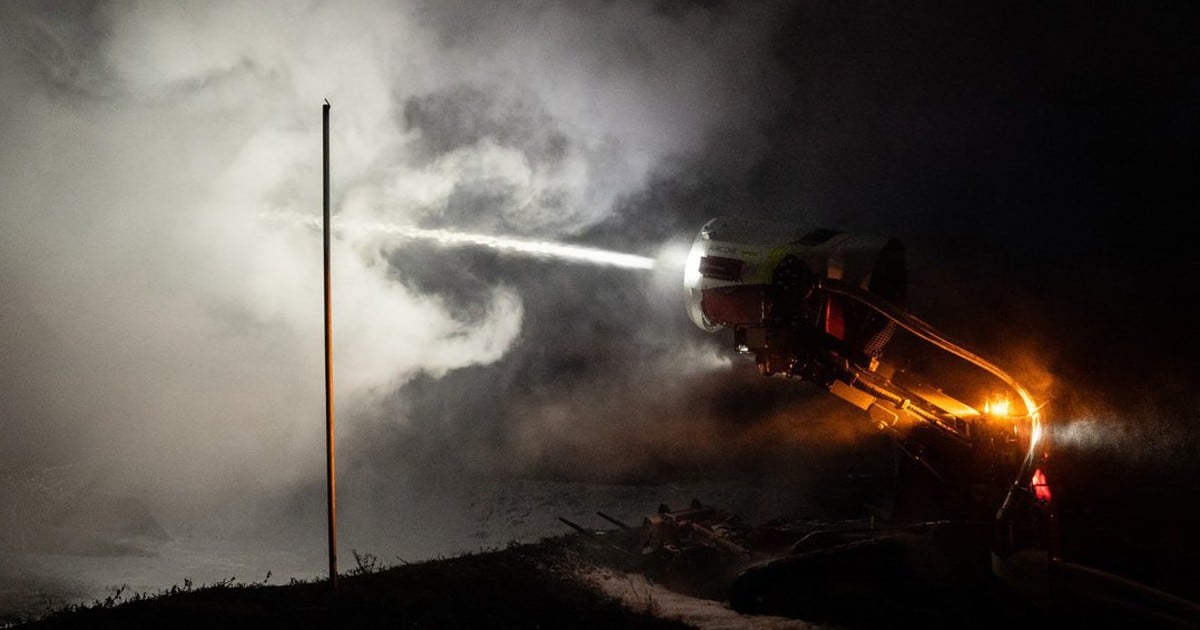
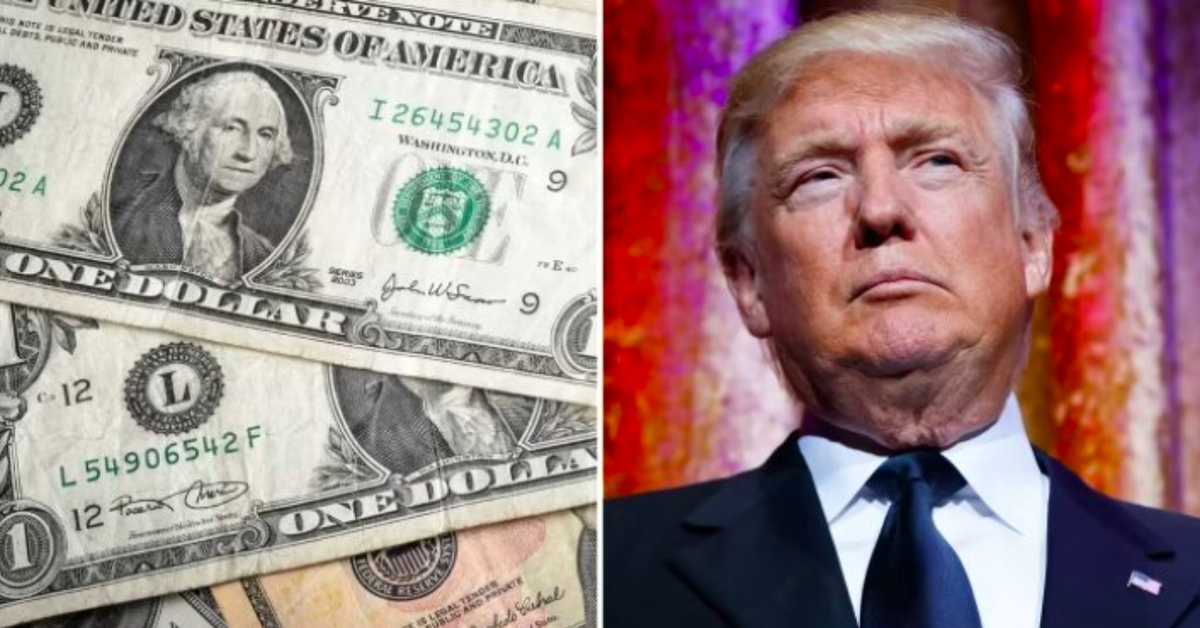

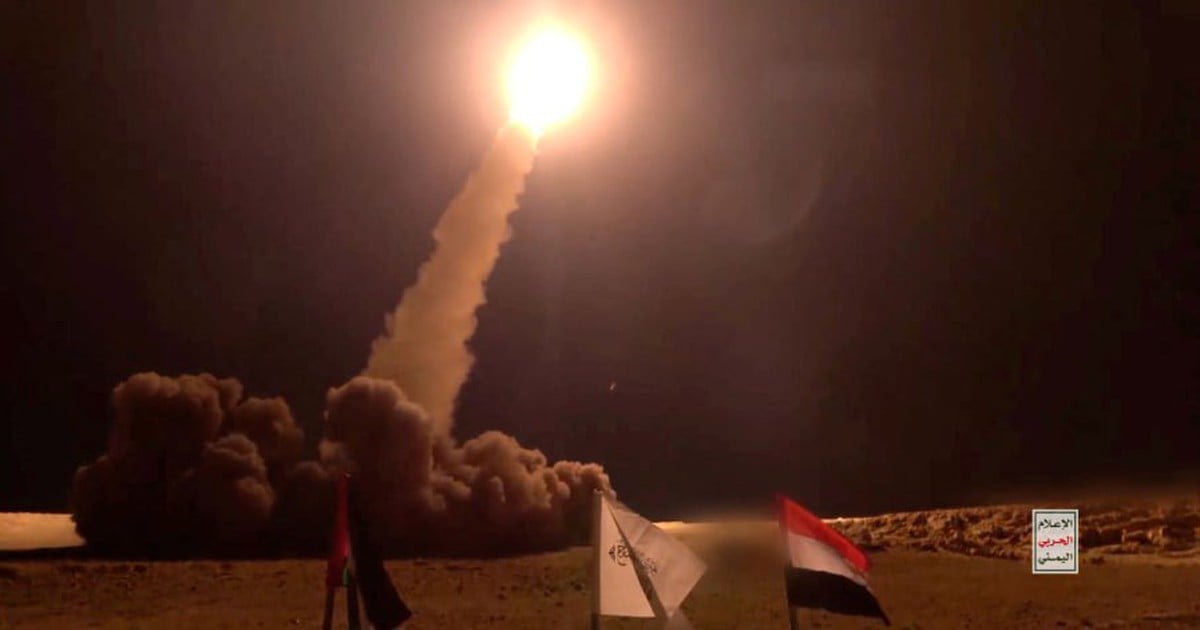



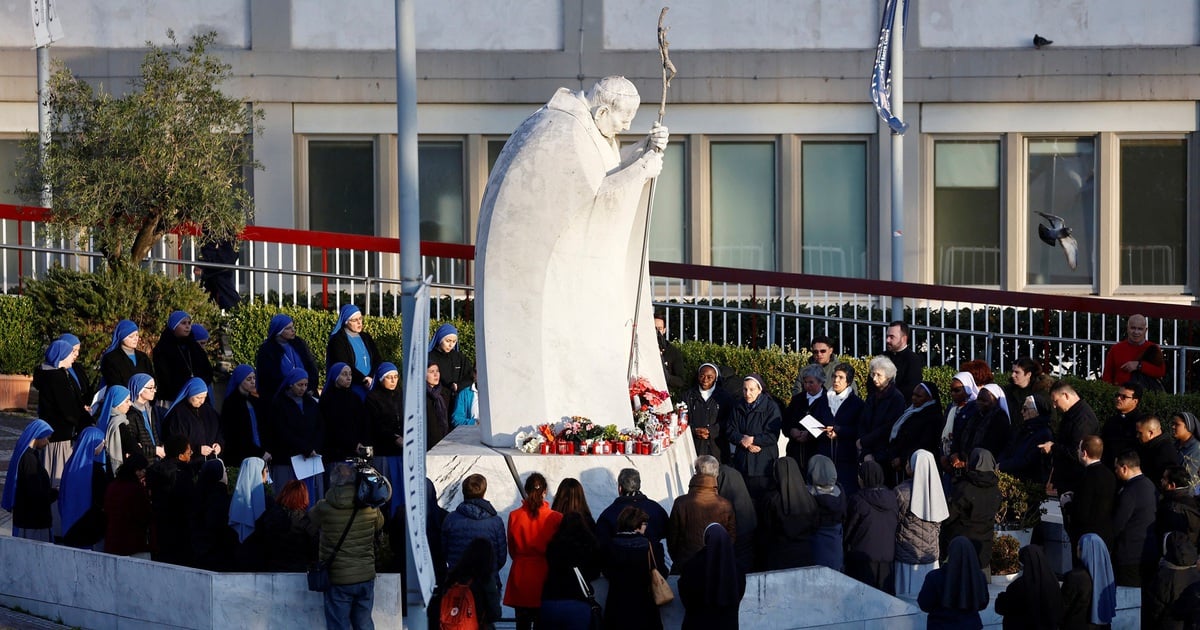
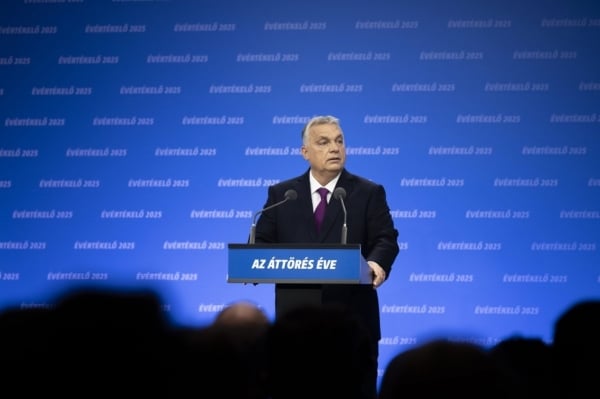
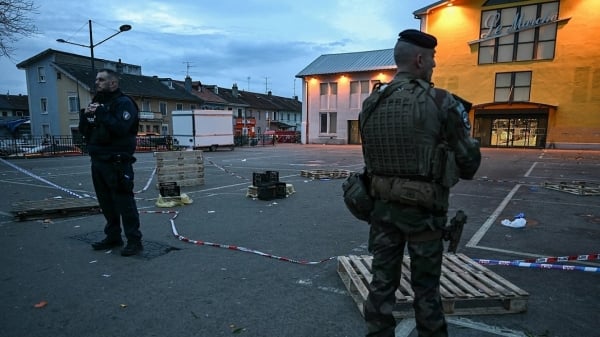

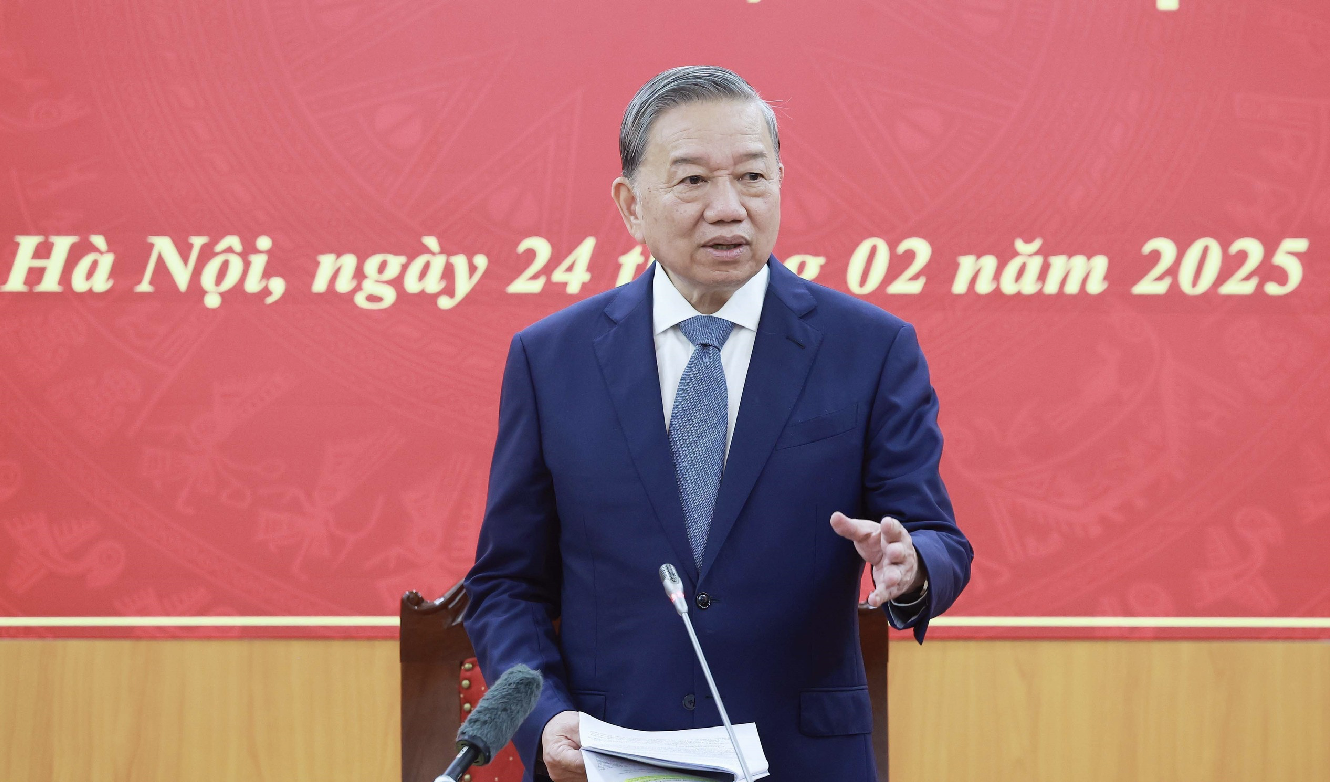


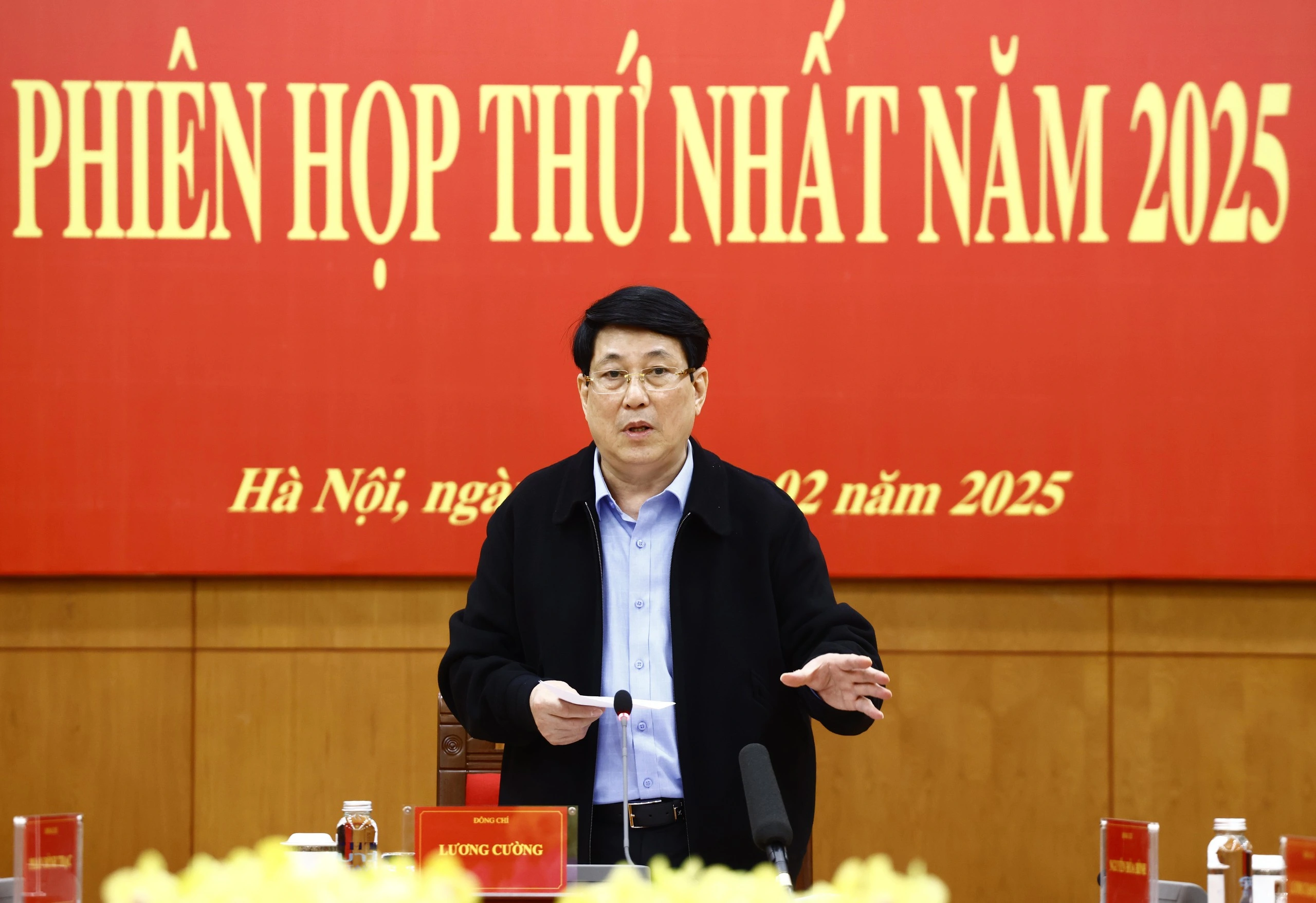








![[Photo] Prime Minister Pham Minh Chinh chairs Government Conference with localities on economic growth](https://vstatic.vietnam.vn/vietnam/resource/IMAGE/2025/2/21/f34583484f2643a2a2b72168a0d64baa)


























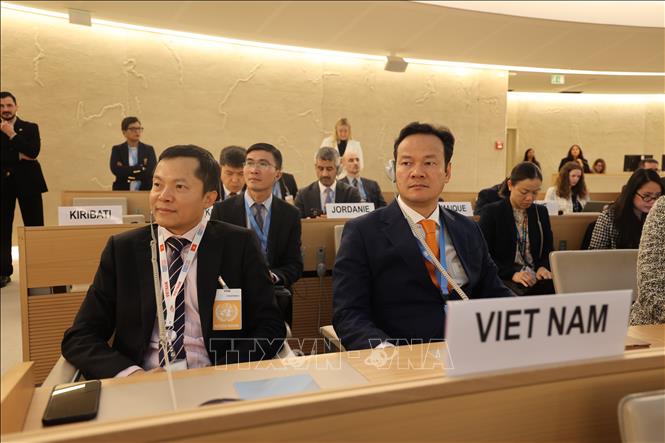




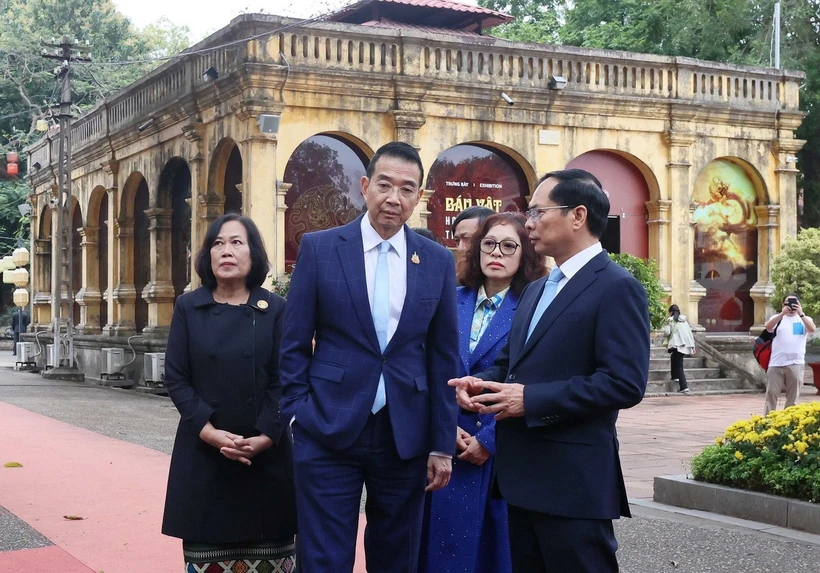
























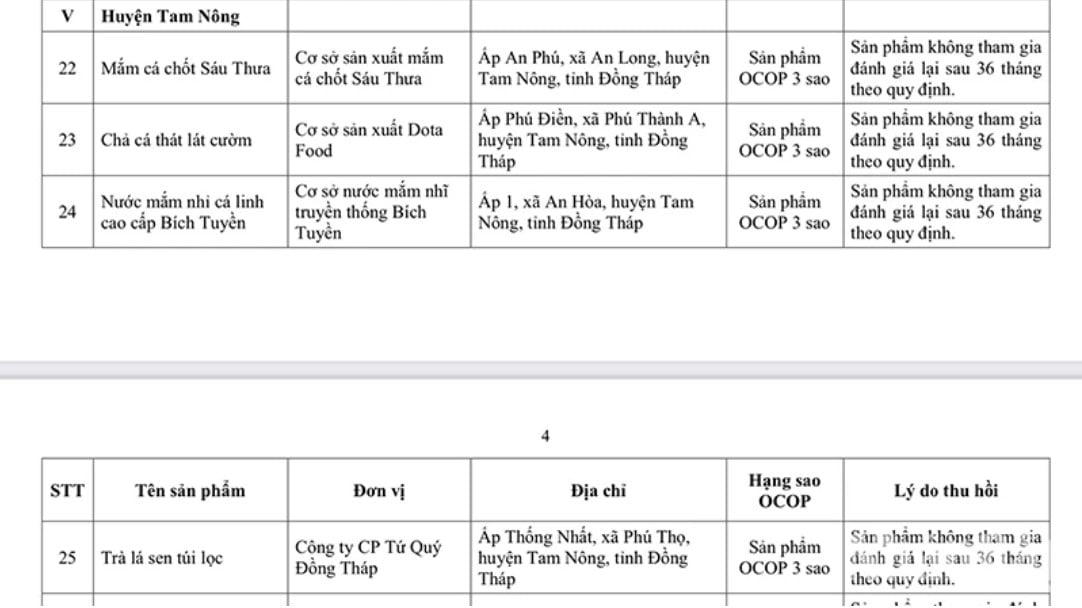
Comment (0)